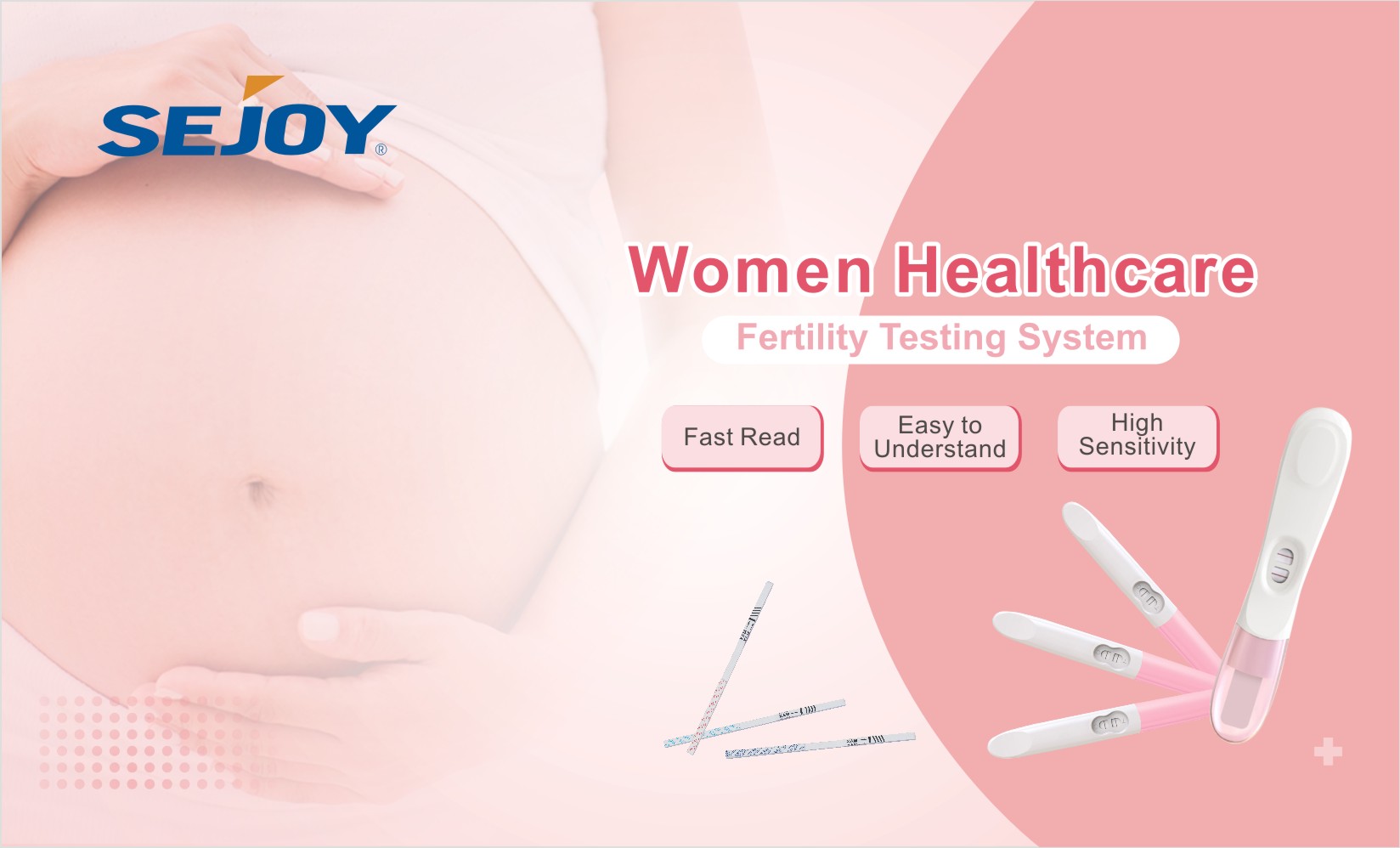What is pregnancy test?
A pregnancy test can tell whether you are pregnant by checking for a particular hormone in your urine or blood. The hormone is called human chorionic gonadotropin (HCG). HCG is made in a woman’s placenta after a fertilized egg implants in the uterus. It is normally made only during pregnancy.
A urine pregnancy test can find the HCG hormone about a week after you’ve missed a period. The test can be done in a health care provider’s office or with a home test kit. These tests are basically the same, so many women choose to use a home pregnancy test before calling a provider. When used correctly, home pregnancy tests are 97–99 percent accurate.
A pregnancy blood test is done in a health care provider’s office. It can find smaller amounts of HCG, and can confirm or rule out a pregnancy earlier than a urine test. A blood test can detect pregnancy even before you’ve missed a period. Pregnancy blood tests are about 99 percent accurate. A blood test is often used to confirm the results of a home pregnancy test.
What is it used for?
A pregnancy test is used to find out whether you are pregnant.
When to take a pregnancy test ?
The best time to take a pregnancy test is after your period is late. This will help you avoid false negatives.1 If you’re not already keeping a fertility calendar, proper pregnancy test timing is a good reason to start one.
If your cycles are irregular or you don’t chart your cycles, don’t take a test until you’ve passed the longest menstrual cycle you usually have. For example, if your cycles range from 30 to 36 days, the best time to take a test would be day 37 or later.
Early pregnancy symptoms:
Breast tenderness
Frequent urination
Mild cramps (sometimes called “implantation cramps”)
Very light spotting (sometimes called “implantation spotting”)
Fatigue
Sensitivity to smells
Food cravings or aversions
Metallic taste
Headaches
Mood swings
Slight morning nausea
Depending on whether a positive pregnancy test would be good or bad news, symptoms like these may fill you with dread … or excitement. But here’s the good (or bad) news: pregnancy symptoms don’t mean you’re pregnant. In fact, you can “feel pregnant” and not be pregnant, or “not feel pregnant” and be expecting.
The same hormones that cause pregnancy “symptoms” are present every month between ovulation and your period.
Articles quoted from:
Pregnancy Test- – Medline Plus
When to Take a Pregnancy Test-- verywellfamily
Post time: May-09-2022



